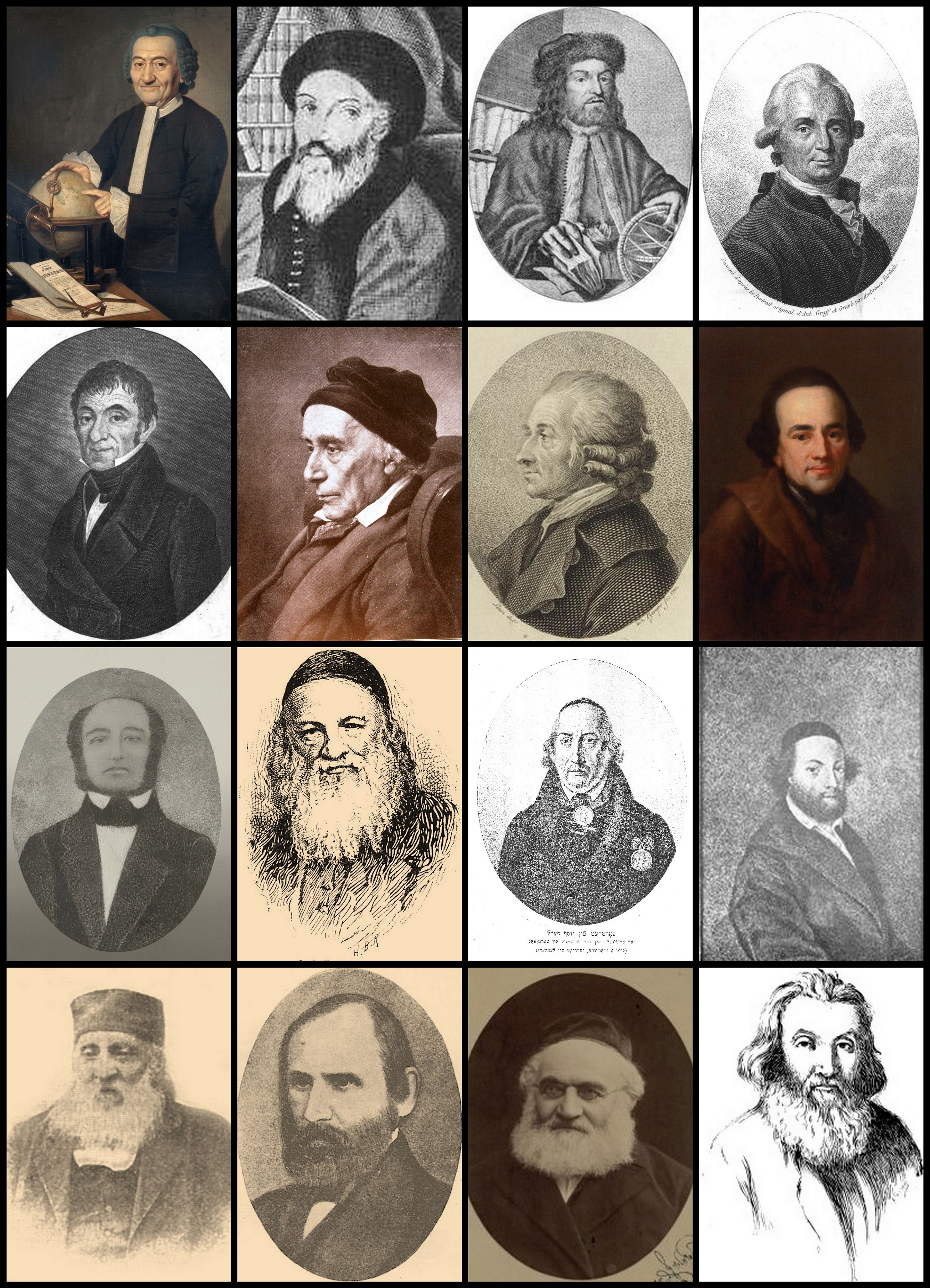|
Kanai (Judaism)
Kanai ( he, קנאי, plural: ''kana'im'', ) is a term for a zealot or fanatic. It means one who is zealous on behalf of God. The first kanai The first ''kanai'' mentioned in the Tanakh is Pinchas. Pinchas was rewarded by God for his zealotry because he did not act out of hate or for any personal gain, but solely for the sake of God. Kanaim of the 1st century Zealotry, described by Josephus as one of the "four sects" of Judaism during his time, was a political movement in first century Judaism which sought to incite the people of Iudaea Province to rebel against the Roman Empire and expel it from the holy land by force of arms, most notably during the First Jewish–Roman War (66-70 CE). Kanaim of the 18th century Rabbi Jacob Emden who fought the remnants of the Sabbateans was considered a ''kanai''. Kanaim of the 19th century in the Holy Land Starting in the middle of the 19th century, those fighting the attempts of the Maskilim to introduce secular institutions to Jerusale ... [...More Info...] [...Related Items...] OR: [Wikipedia] [Google] [Baidu] |
Zealot
The Zealots were a political movement in 1st-century Second Temple Judaism which sought to incite the people of Judea Province to rebel against the Roman Empire and expel it from the Holy Land by force of arms, most notably during the First Jewish–Roman War (66–70). ''Zealotry'' was the term used by Josephus for a "fourth sect" or "fourth Jewish philosophy" during this period. Etymology The term ''zealot'', the common translation of the Hebrew '' kanai'' (, frequently used in plural form, , ''kana'im''), means one who is zealous on behalf of God. The term derives from Greek (''zelotes''), "emulator, zealous admirer or follower". History Josephus' ''Jewish Antiquities'' states that there were three main Jewish sects at this time, the Pharisees, the Sadducees, and the Essenes. The Zealots were a "fourth sect", founded by Judas of Galilee (also called Judas of Gamala) in the year 6 CE against the Census of Quirinius, shortly after the Roman Empire declared what had most rece ... [...More Info...] [...Related Items...] OR: [Wikipedia] [Google] [Baidu] |
Maskilim
The ''Haskalah'', often termed Jewish Enlightenment ( he, השכלה; literally, "wisdom", "erudition" or "education"), was an intellectual movement among the Jews of Central and Eastern Europe, with a certain influence on those in Western Europe and the Muslim world. It arose as a defined ideological worldview during the 1770s, and its last stage ended around 1881, with the rise of Jewish nationalism. The ''Haskalah'' pursued two complementary aims. It sought to preserve the Jews as a separate, unique collective, and it pursued a set of projects of cultural and moral renewal, including a revival of Hebrew for use in secular life, which resulted in an increase in Hebrew found in print. Concurrently, it strove for an optimal integration in surrounding societies. Practitioners promoted the study of exogenous culture, style, and vernacular, and the adoption of modern values. At the same time, economic production, and the taking up of new occupations was pursued. The ''Haskalah'' pr ... [...More Info...] [...Related Items...] OR: [Wikipedia] [Google] [Baidu] |
Satmar (Hasidic Dynasty)
Satmar (Yiddish: סאַטמאַר, Hebrew: סאטמר) is a Hasidic group founded in 1905 by Grand Rebbe Joel Teitelbaum, in the city of Szatmárnémeti, Hungary (now Satu Mare in Romania). The group is an offshoot of the Sighet Hasidic dynasty. Following World War II, it was re-established in New York. Satmar is the largest Hasidic dynasty in the world, with some 26,000 households. It is characterized by extreme conservatism, complete rejection of modern culture, and fierce anti-Zionism. Satmar sponsors a comprehensive education and media system in Yiddish, and its members use Yiddish as a primary language. The sect also sponsors and leads the Central Rabbinical Congress, which serves as an umbrella organization for other very conservative, anti-Zionist, and mostly Hungarian-descended ultra-Orthodox communities. After Joel Teitelbaum's death in 1979, he was succeeded by his nephew, Moshe Teitelbaum. Since the latter's death in 2006, the dynasty is split between his two sons, ... [...More Info...] [...Related Items...] OR: [Wikipedia] [Google] [Baidu] |
Holocaust Denial
Holocaust denial is an antisemitic conspiracy theory that falsely asserts that the Nazi genocide of Jews, known as the Holocaust, is a myth, fabrication, or exaggeration. Holocaust deniers make one or more of the following false statements: *Nazi Germany's Final Solution was aimed only at deporting Jews and did not include their extermination. *Nazi authorities did not use extermination camps and gas chambers for the mass murder of Jews. *The actual number of Jews murdered is significantly lower than the accepted figure of approximately 6 million, typically around a tenth of that figure. *The Holocaust is a hoax perpetrated by the Allies, Jews, and/or Soviet Union. Similar to other forms of genocide denial, the methodologies of Holocaust deniers are based on a predetermined conclusion that ignores overwhelming historical evidence to the contrary. Scholars use the term ''denial'' to describe the views and methodology of Holocaust deniers in order to distinguish them from le ... [...More Info...] [...Related Items...] OR: [Wikipedia] [Google] [Baidu] |



